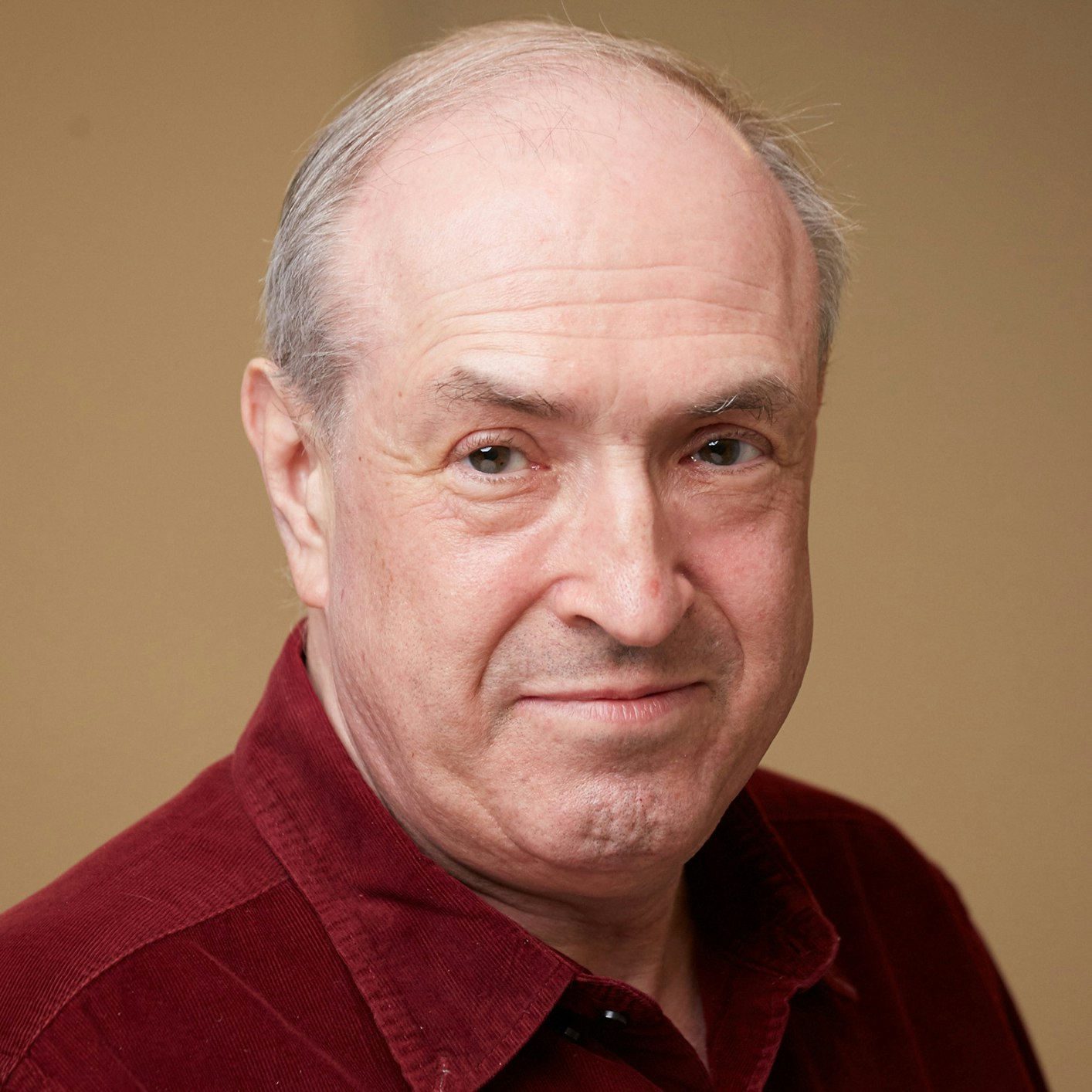Equatorial Guinea’s Obiang Prepares for New UNESCO Prize Bid
By Ken Hurwitz
After 32 years of dictatorial and repressive rule, President Teodoro Obiang of Equatorial Guinea is Africa’s longest serving leader. At age 69, he is also apparently increasingly focused on his legacy. One bid to memorialize his name foundered last year: UNESCO, the UN’s chief education, science, and culture body, abandoned plans to inaugurate a “UNESCO-Obiang” science prize after vigorous protests from civil society and human rights groups.
But Obiang is not giving up. U.S. consultants hired last year continue to issue glowing news releases, highlighting a charity dinner held in its capital Malabo; the president’s infrastructure plans; or the country’s preparedness for hosting the 2012 African Nations soccer championships. The official line, with a link to an Equatorial Guinea embassy’s Flickr photo page, is always that “Equatorial Guinea is now working to serve as a pillar of stability and security in its region of West Central Africa.”
Now there are signs that Equatorial Guinea is also laying the groundwork for a new bid to persuade a new slate of UNESCO board members that its president is indeed a man worth honoring.
The campaign so far has included taking advantage of the country’s current position holding the presidency of the African Union. Obiang secured a courtesy resolution of support from African Union heads of state when they met in Equatorial Guinea in July: the resolution urged UNESCO to implement its earlier decision to set up the prize, which would “contribute to research in the life sciences.”
Then on August 17, the six central African states (Angola, Cameroon, Congo Brazzaville, DRC, Chad, and Equatorial Guinea) agreed to support Equatorial Guinea for a two-year seat on the UNESCO executive board, when it meets in Paris in October. At the meeting UNESCO will name 27 new representatives to its 58-member board, as well as a new board president.
But UNESCO must still know that resuscitating the prize would mean publicly associating itself with the Obiang government’s extraordinary and now infamous record, that includes unlawful executions, torture, international kidnappings, repression, corruption, nepotism, censorship, and questionable 95 percent plus election victories.
Equatorial Guinea’s current claims to be a pillar of stability and security in the region also ring hollow, given the facts:
- Drug trafficking: The highly regarded Observatoire Géopolitique des Drogues (OGD), in Paris, first identified President Obiang’s government as a “narco-state” in 1994, in which “the States or sectors of the State apparatus…profit directly, in a substantial degree, or even essentially, from the revenues of narcotics trafficking.” In a 2001 report prepared for the Canadian Parliament, OGD’s former head, Alain Labrousse, explained that “in the case of Equatorial Guinea, diplomats belonging to the president’s family or clan used the diplomatic pouch and their immunity to engage in cocaine and heroin traffic around the world. Tens of them have been arrested over the past two decades, particularly in Spain.” President Obiang’s current Attorney General, Carlos Mangue Elunku, is one Equatoguinean notable who was, according to Spanish press, detained for drugs in Spain—once in the 1980s and again in 1996. Lucas Nguema Esono, current Secretary General of President Obiang’s ruling political party, the Partido Democratico de Guinea Ecuatorial, was expelled from Spain in 1988 after trying to retrieve a suitcase with 340 grams of heroin and 18 kilos of marijuana.
- Arms trafficking: According to the United Nations Office of Drugs and Crime (UNODC), Equatorial Guinea “is considered to be a country with a high risk of diversion” of weapons to unauthorized recipients. One of the world's most notorious global arms dealer s until his arrest by US agents in Thailand in 2008,Victor Bout—now on trial in New York for attempted sales to Colombian FARC rebels—moved most of his aircraft registrations to Equatorial Guinea in 2001. In June 2009, when a Ukrainian aircraft made an emergency landing in Kano, Nigeria, authorities there found suspicious documentation and 18 crates of arms and ammunition, reportedly bound for Equatorial Guinea. Suspecting possible arms diversion to Niger Delta rebels, Nigerian officials held the plane for weeks. Though Equatorial Guinea finally persuaded the Nigerians to release the plane, it was later revealed that the seized aircraft had recently been transferred to a cargo company formerly linked to two companies named in UN arms trafficking-related reports.
- Human trafficking: Since 2001, the U.S. Department of State has issued an annual Trafficking in Persons Report, appraising countries’ efforts to comply with the minimum standards for the elimination of human trafficking. Its most recent 2011 report, however, found that far from improving protection for human trafficking victims, Equatorial Guinea has actually “decreased its efforts to prevent trafficking,” with the result that Equatorial Guinea was downgraded to join 22 other governments in the lowest “Tier 3” position. The report found that Equatorial Guinea is principally a destination for trafficking of children, mainly for purposes of forced labor, as domestic servants, laborers, vendors and launderers. Victims come primarily from Nigeria, Benin, Cameroon, and Gabon.
As President Obiang renews his bid to resuscitate the proposed $3-million science prize, UNESCO’s board members should make it clear that they will not honor such a deplorable record.

Until November 2021, Ken Hurwitz was senior managing legal officer with the Open Society Justice Initiative.